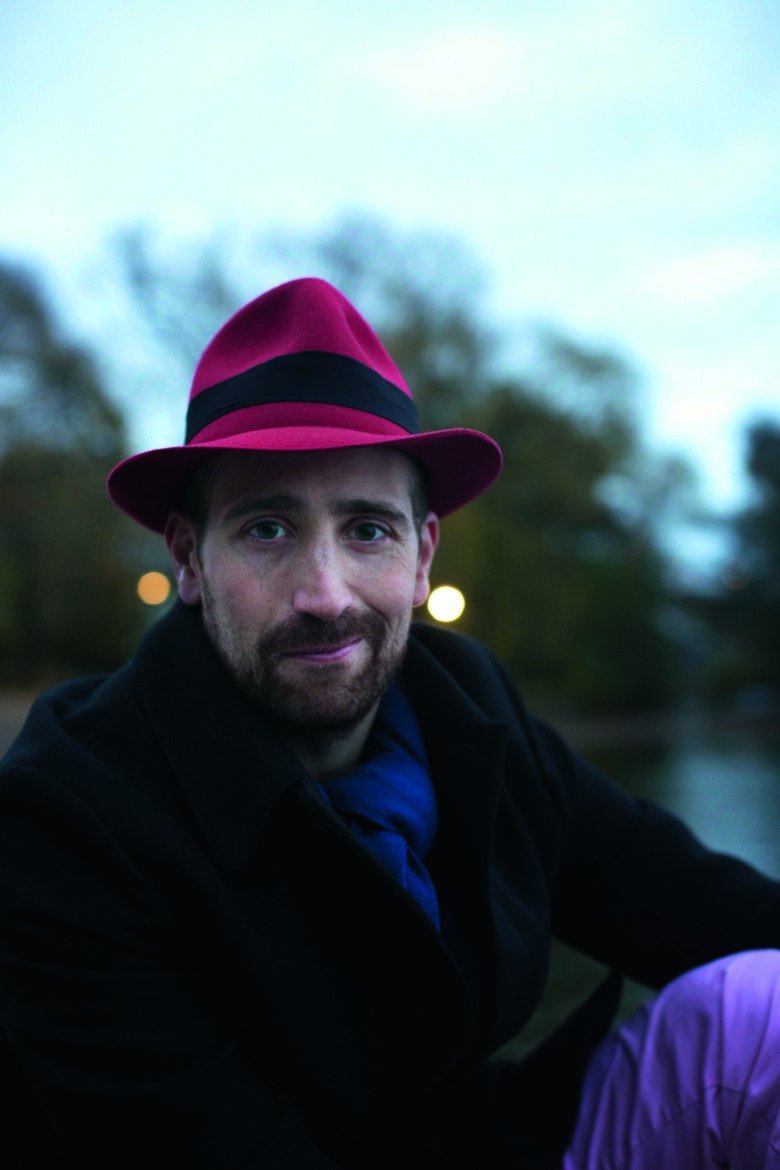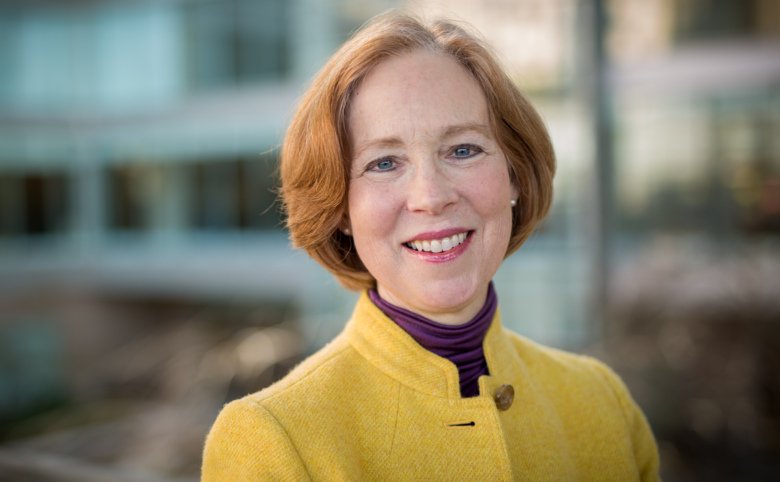Jonathan: “Eating disorders became a kind of addiction”
Name: Jonathan Ekblad
Age: 31
Profession: Health Educator

Told to: Maja Lundbäck First published in Swedish in Medicinsk Vetenskap No 4/2017 / Spotlight on eating disorders
“In autumn 2010 my self-esteem was very poor. I didn’t like either how I looked in the mirror or myself as a person. I was down in the dumps that autumn and imagined that it was food that was behind how bad I felt.
Exactly what triggered my eating disorders I don’t know, but it was not in order to be thin that I began to 'compensate' after meals. Doing so became a kind of addiction. Fairly soon I realised that it was the way I saw myself that lay behind my problems. It was damned embarrassing to ask for help, but I did. My eating disorders didn’t show on the outside because I was normal weight, so when I told people they were surprised.
After a few months I was diagnosed with eating disorder not otherwise specified (EDNOS). I was more bulimic than anything else, but never binged. Even if I got help I relapsed into the same patterns of behaviour, so I found another treatment provider and that turned out very well. The first few days there were super-tough. I wasn’t only to resist the feelings of compensating for the food but also chose to try to think outside the box and put myself in difficult situations.
At times in the early days I perceived the most natural everyday things like going out to eat with friends or going to work after a period of sick leave as big challenges. That I got well again, almost five years ago now, was because I worked a lot with my self-esteem.
Ultimately, the disease is about feelings and one day I began to like myself and what I saw in the mirror. Asking for help always requires courage, no matter what people say.”
More reading on this topic
 Photo: Rebecka Uhlin
Photo: Rebecka Uhlin“Snap out of it, live your lives!”
All three of Marit Sahlström’s sisters had anorexia nervosa. Relatives need help and support too, she says.
 Photo: Brian Strickland
Photo: Brian StricklandMapping the genes behind eating disorders
In order to better understand the genetics behind eating disorders, KI Professor Cynthia Bulik is launching a major international study that will gather hundreds of thousands of saliva samples and questionnaire responses.
